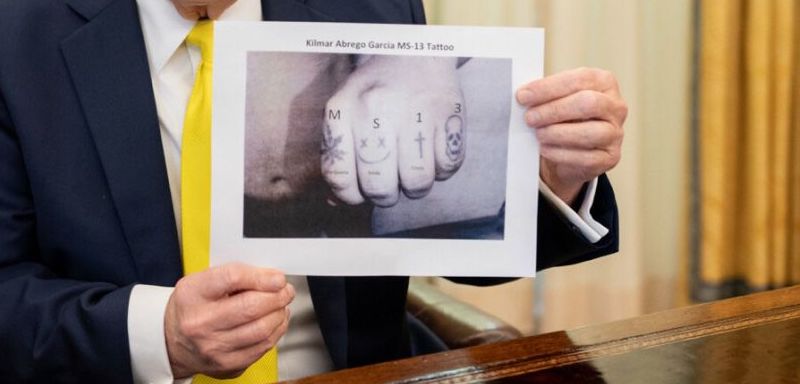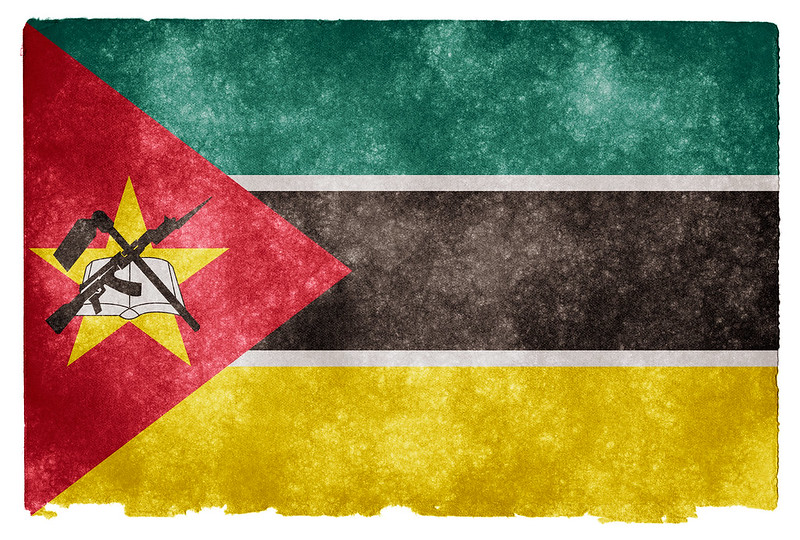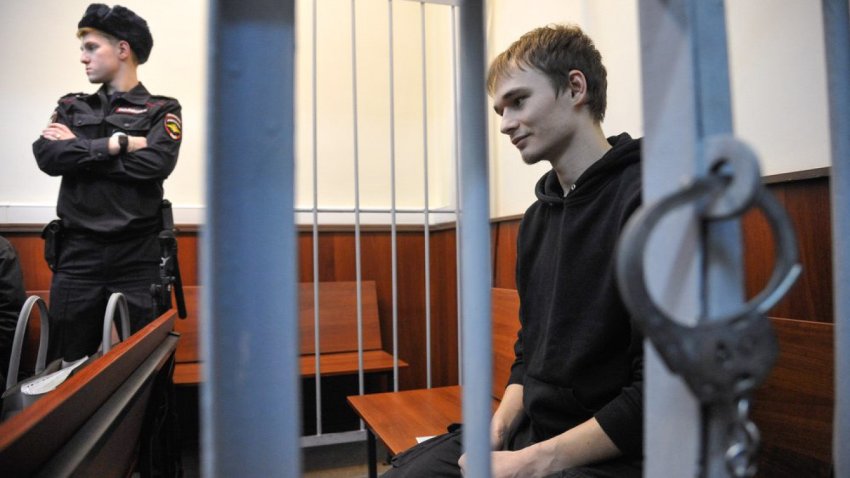
China condemns US seizure of Venezuela-linked tankers
Chinese officials condemned the US seizure of oil tankers headed from Venezuelan ports, calling the acts a “serious violation of international law.” The protest came days after US troops boarded and seized the Panama-flagged tanker Centuries. According to the White House, while the ship was not on the US Treasury’s sanctioned vessel list, it carried state-owned oil as part of Venezuela’s “shadow fleet.” Reports have indicated that the Centuries was headed for China. Days earlier, the US seized the M/T Skipper, which the Justice Department claimed was “being used in an oil shipping network supporting Hizballah and the Islamic Revolutionary Guard Corps-Qods Force,” two US-designated “foreign terrorist organizations.” (Photo: VesselFinder)












